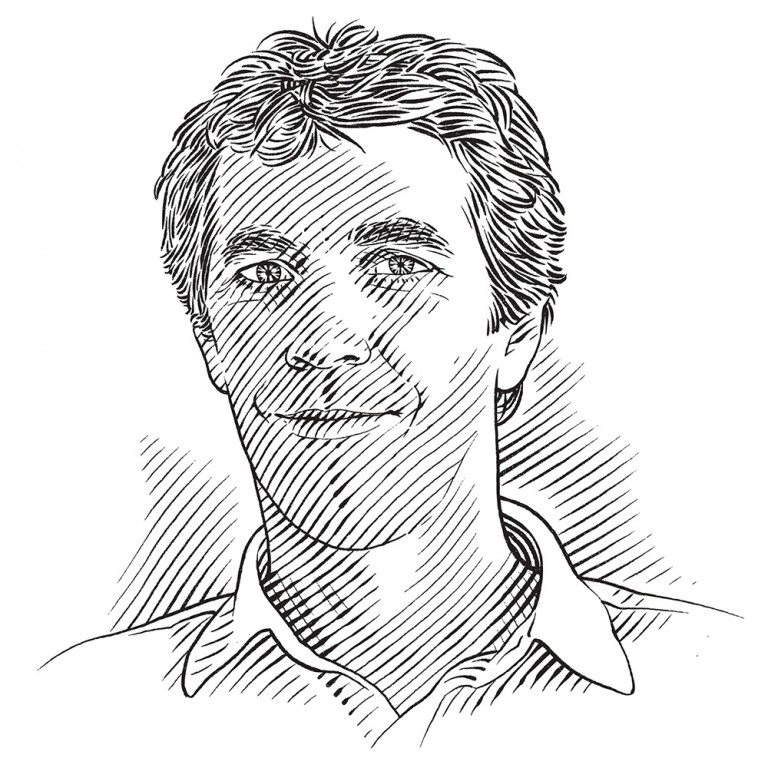Marine Explorers Learning to love the sea
Getting kids involved in learning about the sea is as much fun for educator Paul Millar as it is for the youngsters themselves.
Photo by Mac Stone
Well before the doorbell rings we hear it: the distorted‘doof-doof’ of a mini-bus taxi’s speakers being stretched beyond their limit. Then comes the noise of kids starting their weekend, popping with a boisterous, school-induced cabin fever that sounds like it needs treatment. Little heads bounce up and down, just visible above the Shark Education Centre’s wall. ‘Is everything all right out there?’ I hear a concerned colleague ask distantly from elsewhere in the building.
‘Yup, it’s just the Marine Explorers arriving,’ I try to explain.
The doorbell rings. Repeatedly. No need to check who’s there. I buzz them in and am instantly swamped by enthusiastic greetings of ‘Hello, Uncle Paul!’ and ‘Can we get into our wetsuits now?’ In South Africa the ‘Uncle’ thing is a term of respect used by kids when addressing any adult, related or not, and it can imply an element of familiarity, which in this case I am comfortable with. But the enthusiasm in the Marine Explorers’ greetings stems from their anticipation of getting into the water, and that’s mostly what it’s about.
The Marine Explorers Club meets on Friday afternoons and most of the sessions are spent surfing, snorkelling or learning about marine life at one of a few locations in False Bay, near the Save Our Seas Shark Education Centre. The role of healthy outdoor activities as a mitigator of personal and social issues is well-documented, and fortunately urban South Africa has seen a much-needed growth in initiatives of this kind. The Marine Explorers programme involves its participants in exactly such activities, but it goes one step further – it has a strong conservation focus. US educator David Sobel addresses individual and societal needs, together with the good intentions of conservationists, in his article ‘Beyond ecophobia’, pointing out that ‘If we want children to flourish, to become truly empowered, then let us allow them to love the earth before we ask them to save it.’
SOSF Shark Education Centre
Ideally situated at the edge of False Bay in Cape Town, South Africa, the Save Our Seas Shark Education Centre overlooks the ocean and is right on the doorstep of the incredible Dalebrook Marine Protected Area. This unique location enables us to immerse children in experientially focused educational activities.
The SOSF Shark Education Centre is an attraction not to be missed. It boasts a carefully selected collection of state-of-the-art exhibits that ensures that children and adults are able to learn through play and exploration, with each of their different senses engaged. This facilitates a truly immersive and stimulating educational experience while they are having fun.
The Shark Education Centre focuses mostly on sharks, from their diversity and anatomy to their habitats and their role in the ocean. However, there is also a strong emphasis on the unique and special marine ecosystem found in and around False Bay – and sharks are used as a key to unlock more general marine knowledge.
Groups of schoolchildren come through the centre and leave feeling inspired to care about sharks and their ocean habitats. But the centre does not only cater for visiting schools; there are outreach events, holiday clubs, marine awareness camps, marine explorers clubs and many other activities.
The Shark Education Centre also invites the general public to explore its displays. Ultimately, our goal is to ensure that our marine education and conservation messages are spread far and wide.
